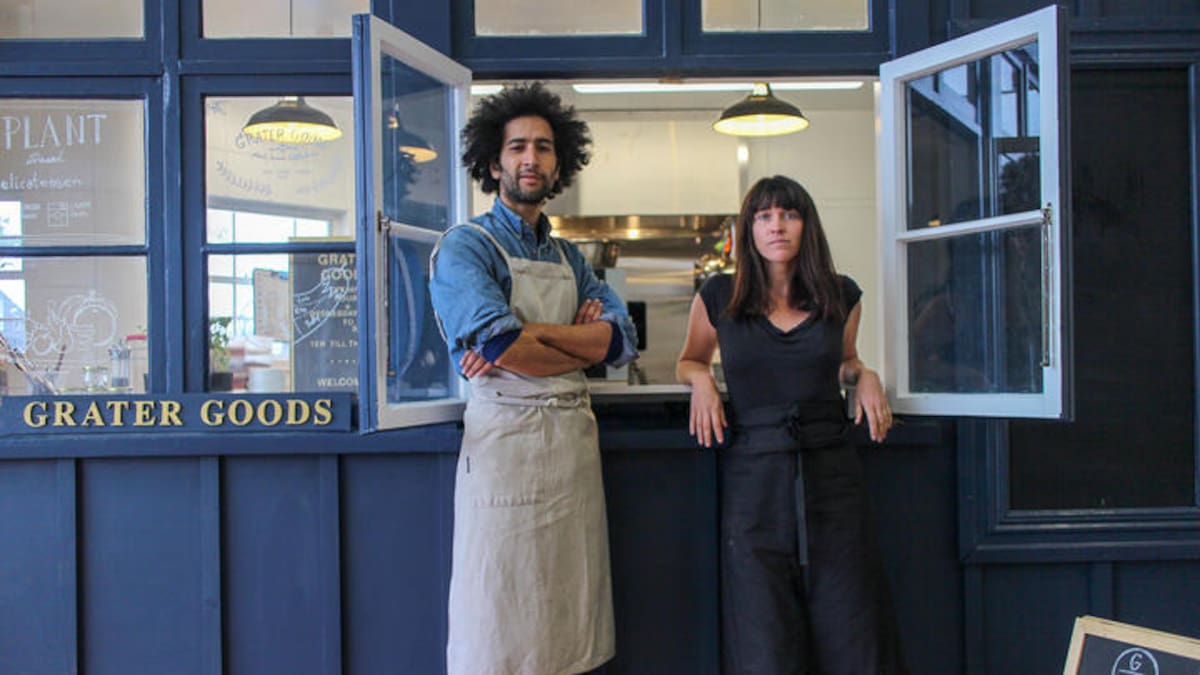After seeking professional advice, Grater decided to put the company into voluntary liquidation.
It had 11 shareholders at the time of liquidation, including Icehouse Ventures, which had a minority share of 8.29%.
Icehouse Ventures chief executive Robbie Paul said its ArcAngels fund – which was established to invest in women-led start-ups – invested $80,000 in Grater Goods’ pre-seed round in 2021.
“We were aligned to their mission to make plant-based food that was healthier, kinder, and tastier.
“We valued Flip and her co-founder’s experience and connections in the food and beverage space and their ambition to build a valuable and high-impact business.”
But he said that despite a lot of hard work and support the founders were not able to realise their mission.
“Consumer product companies can be great when they work. Ethique and Pic’s are examples. But it’s a vicious industry that needs a lot of stars to align and that did not happen this time.”
He said Grater Goods represented 2.87% of the fund and was one of the 32 investments made by that fund.
“The fund did not invest in subsequent capital raises.
“There were several other angels that invested in Grater Goods via our nominee. Hence the 8% ownership.”
According to Hunt, the business’ bank account was in overdraft at the time of liquidation, and initial investigations have not indicated an overdrawn shareholder current account.
Grater Goods has four registered security interests against it totalling $108,500, including a general security agreement with ASB Bank, and goods agreements with Bidfood, Trents Wholesale and Southern Hospitality.
Staff are owed an estimated $10,000 in wages and holiday pay, with Inland Revenue owed an estimated $60,000 in GST and PAYE.
A further $100,000 is estimated to be owed to unsecured creditors, including Inland Revenue, the Accident Compensation Corporation, One NZ and the Christchurch City Council.
The current estimated shortfall owed to creditors is $208,500.
Tough economy
Grater told the Herald the business was “simply a victim of the current economy”.
“I feel deeply disappointed and like I’ve let down my staff, investors and my suppliers. The last thing I ever wanted was to leave anyone out of pocket, as I’ve had that happen to me multiple times and it’s awful. I wish I could have found another way for this to end up,” Grater said.
“We were actually protected to some degree by being a plant-based business. Being somewhat niche is helpful in these times because our customers are loyal and keen to support the cause, but people just clearly have far less money in their pockets and are eating out less.”
She said the business couldn’t make it work as a small food producer without Woolworths. It had lined up a supply agreement with the supermarket chain in early 2024.
However, the category within Woolworths was placed on hold and eventually Grater Good lost the contract, forcing the business into survival mode ever since.
Grater said the business might have made it to the expected relief of summer trade this year, but a poor winter period for the hospitality arm of the business made it no longer possible.
Despite the challenges within the category, Grater said plant-based food wasn’t in decline but simply settling into a “steadier rate of growth after a skyrocket”.
“I have no doubt that it is the future of food. It has to be. The future of the planet requires that we reduce our animal product consumption significantly.
“As soon as the economy improves and consumers move out of immediate survival mode, they’ll move their attention (and shopping choices) back to long-term survival, and ethical choice.”
Tom Raynel is a multimedia business journalist for the Herald, covering small business, retail and tourism.
Listen and subscribe to the Today in Business podcast – the top headlines from the NZ Herald business team summarised and delivered by an artificial intelligence (AI) voice as an easily digestible recap.

